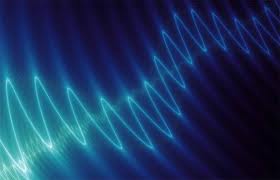EE4C03 Statistical digital signal processing
This is a second course in discrete-time signal processing, with a focus on random signals. It provides a comprehensive treatment of signal processing algorithms for modeling discrete-time signals, designing optimum filters, estimation of the power spectrum of a random process, and implementing adaptive filters. These are important topics that are frequently encountered in professional engineering, and major applications such as digital communication, array processing, and multimedia (speech and audio processing, image processing). The course provides a framework that connects signal models to filter structures, formulates filter design as an optimization problem, solved in turn via linear algebra techniques applied to structured matrices. The connections between these topics are strong, and provide insights that can also be used in other disciplines.
The course treats:
- Background in DSP, linear algebra and random processes;
- Linear prediction, parametric methods such as Pade approximation, Prony's method and ARMA models;
- The Yule-Walker equations and solution approaches;
- Wiener and Kalman filtering;
- Spectrum estimation (nonparametric and parametric), frequency estimation (Pisarenko, MUSIC algorithm);
- Adaptive filtering (LMS, RLS).
Teachers
prof.dr.ir. Geert Leus
Signal processing for communications, with applications to underwater communications, cognitive radio, and multiple-input multiple-output (MIMO) systems. Signal processing for (compressive) sensing with applications to ultrasound imaging and radar. Distributed signal processing. Graph signal processing.
dr. Geethu Joseph
Compressive Sensing, Sparse Signal Processing, Linear Dynamical Systems, Sparse Control, Sensing, Communication
dr. Raj Thilak Rajan
statistical machine learning, PNT, multi-agent systems, space systems
Last modified: 2024-08-23
